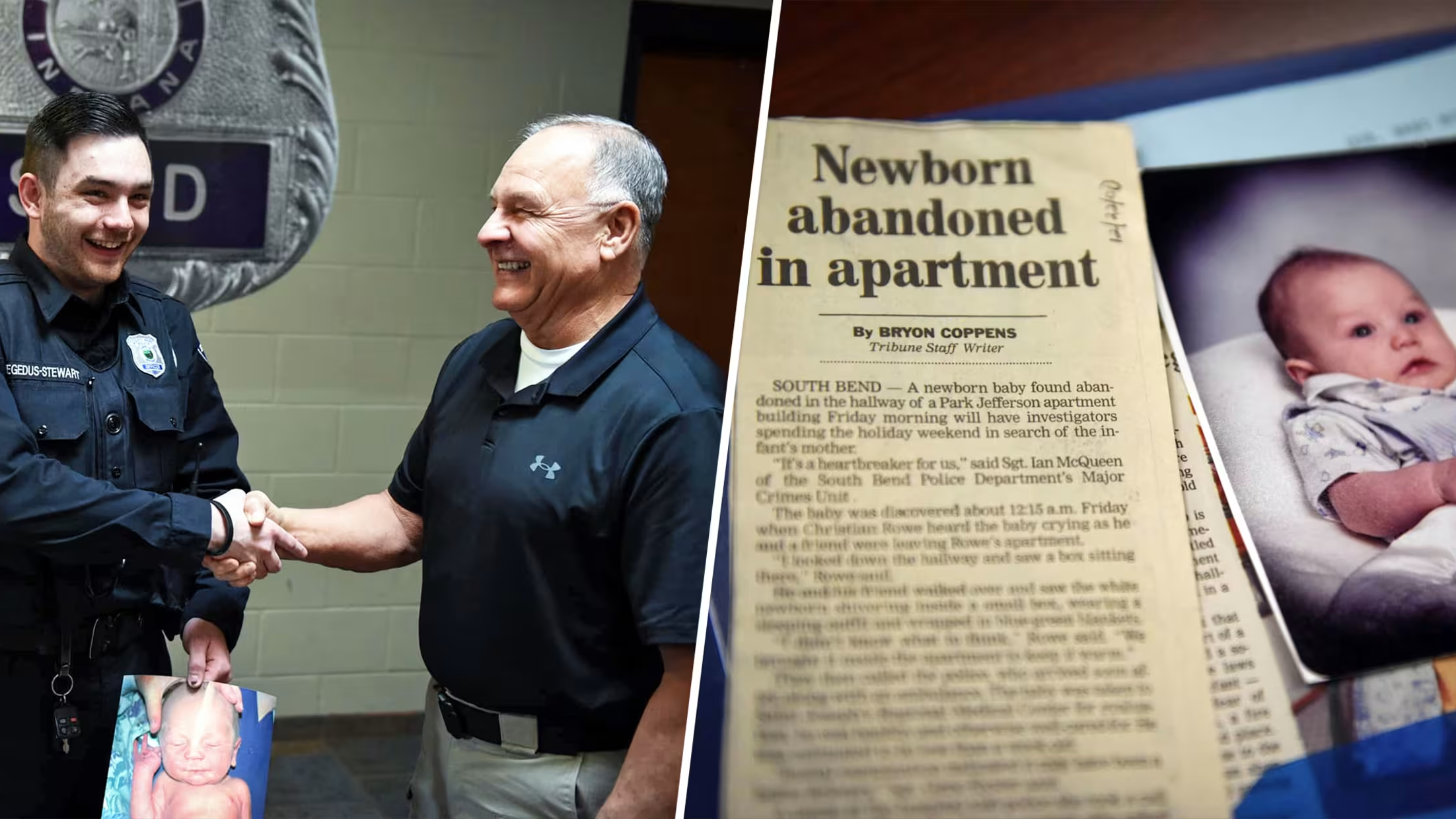Mattel recently conducted an online poll asking girls everywhere to choose Barbie’s next occupation from the following choices — surgeon, architect, news anchor, environmentalist and computer engineer.
The overwhelming choice among the girls was news anchor. But adults in the blogosphere, on Twitter and Facebook launched their own campaign for computer engineer Barbie.
Mattel relented and decided to go with both, news anchor and computer engineer Barbie. “We couldn’t ignore the outcry,” said Michelle Chidoni, a spokeswoman for the company.
The Barbie brouhaha points to a key conundrum today when it comes to women and professions in science and technology. Many people see a need for more females in so-called STEM professions (science, technology, engineering and math). But fewer and fewer young women seem to be gravitating to such jobs, thanks in part to the geek factor.
Sandra Guo, 22, always loved video games when she was in high school, but she never thought of pursuing a career in computer science because she felt it wasn’t for girls. Even her mother discouraged her. “When I first enrolled in college she was opposed for me taking computer science as a major,” she recalled. “She said I’d never find a boyfriend.”
This mentality is not unusual.
Scientists of all sorts get a bum rap in society, especially on TV, said Alicia Abella, executive director of the innovative services research department at AT&T Labs. She also heads the company’s fellowship program, which provides mentoring and full tuition for women and underrepresented minorities who want to pursue a Ph.D. in STEM fields.
U.S. & World
“It’s either a man in a while lab coat with funky hair like Einstein or a cartoonish character,” she noted. “What girl wants to look like that?”
Indeed, only about 17 percent of girls take advanced placement tests in computer science while in high school, the lowest level of females among all such exams, according to the National Center for Women & Information Technology. And in 2008, women earned only 18 percent of computer science degrees, compared to 37 percent in 1985.
To counter the dismal statistics, there’s “a movement to reclaim the notion of ‘geek,’” said Amanda Stent, a computational linguistics researcher at AT&T Labs and co author of “The Princess at the Keyboard: Why Girls Should Become Computer Scientists.”
Both Abella and Stent are part of a group of women at AT&T Labs who have made it their mission to encourage more young women to fall in love with science and technology.
Stent, who was associate professor in the computer science department at Stony Brook University in New York, met Guo during her junior year at the school and convinced Guo to stick with computer science when she was considering switching her major to art.
“I didn’t like the environment,” Guo said about her computer classes. “Everybody was a boy and the people weren’t very social. I was considering dropping computer science completely.”
But Stent took Guo under her wing, introducing her to other faculty members and connecting her with events at the department where she could socialize. She also told her about all the interesting work that was being done in the field, including Stent’s own work analyzing human dialogue with computers.
It worked. Guo is set to graduate with a computer science degree in May.
“Some young women may turn away from science and technology careers because of a perception that people in those careers spend long hours working alone on esoteric ideas in a laboratory or computer room and no, or not enough, time collaborating with others or making positive changes in the world,” Stent maintained. “But in fact, engineers, scientists and technologists most frequently work in groups and often create products that benefit society and build community.”
Last week, a host of companies across the country participated in "Introduce a Girl to Engineering Day."
Educators are also reaching out. Earlier this month, Steve Patchin, director of youth programs, outreach, and engagement at Michigan Technological University, hosted “Get WISE” (Women in Science and Engineering), which brings middle school girls to campus for a hands-on day of learning.
“The main goal of events like Get WISE is to show girls that a field like engineering can be whatever they make of it, and they have the talent needed to excel,” he said. “They get to create and experiment for themselves and see that technology and engineering are great areas not just for those who want to build things, but for those who want to make a difference in the world."
It’s about exposing girls to science and technology, mentoring them, and not allowing naysayers to derail their love of the sciences, said Sally Ride, the first American woman in space, and a strong advocate of girls in STEM professions.
Ride hosted a “Introduce a Girl to Engineering” day at ExxonMobil last week and has worked with the energy firm through her company Sally Ride Science, to introduce youth to the sciences and train teachers on the importance of countering stereotypes in the professions.
“What we know, is a lot of girls in third and fourth grade are interested in science, about the same number as boys at that age,” she explained. “Then about fifth and sixth grade, those wonderful middle school years, we start to lose girls, but not for reasons of aptitude. The reasons are often more societal.”
Fear of failure and the lack of role models could also be driving the disinterest among girls.
Kristen Lamoreaux, founder of SIM Women, part of the Society for Information Management, an association of nearly 4,000 CIOs, offered a personal anecdote: “According to my 13 year old niece, she is not going into a STEM focused role because, ‘I don’t like to be wrong and I want to stand out.’ She said that when everyone in her Math class does the same problem, they all get the same answer. In Literature, everyone can write on the same topic, but variety is expected and it’s possible to stand out based upon your talents.”
While Lamoreaux’s niece acknowledged the designers who did things like design apps for her iPhone were creative, she didn’t see any female role models. Her niece was able to name five favorite female authors but couldn’t name five female CIOs.
“I believe there is a lack of visible examples of successful women in technology,” Lamoreaux continued, “and that it is imperative for every woman in IT to reach out to young women. Women of all ages benefit from mentorship, but even if there were simply a heroine that young girls could aspire to emulate, I think young women would better understand the options available to them and we’d see more of a change across the industry.”
At a time when the economy is leaving many recent grads without jobs, opportunities are still plentiful in a host of STEM careers.
Guo already has a job, as a programmer for Google, and she hasn’t even graduated.
As for her mom’s perceptions of her career choice now: “My mother is very proud of me. A lot of her friend’s children who graduated are still looking for jobs. She now says, ‘my girl got an offer from Google. She’s so smart.’”



